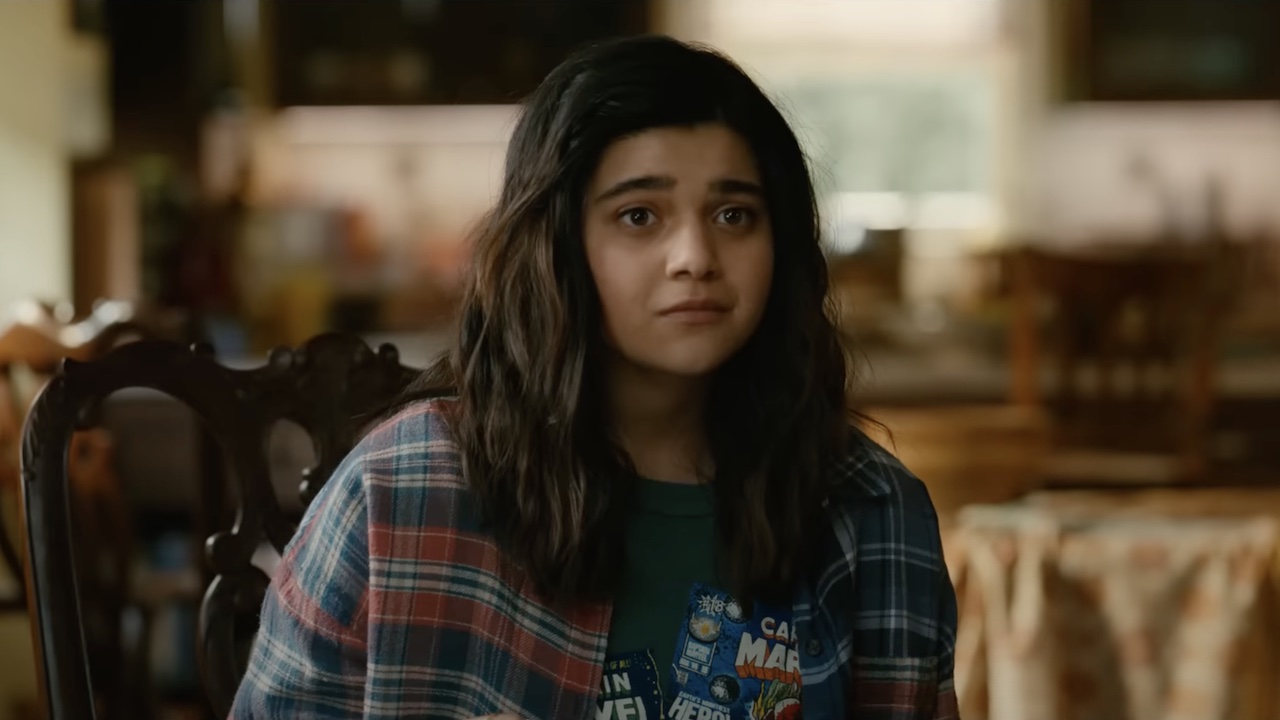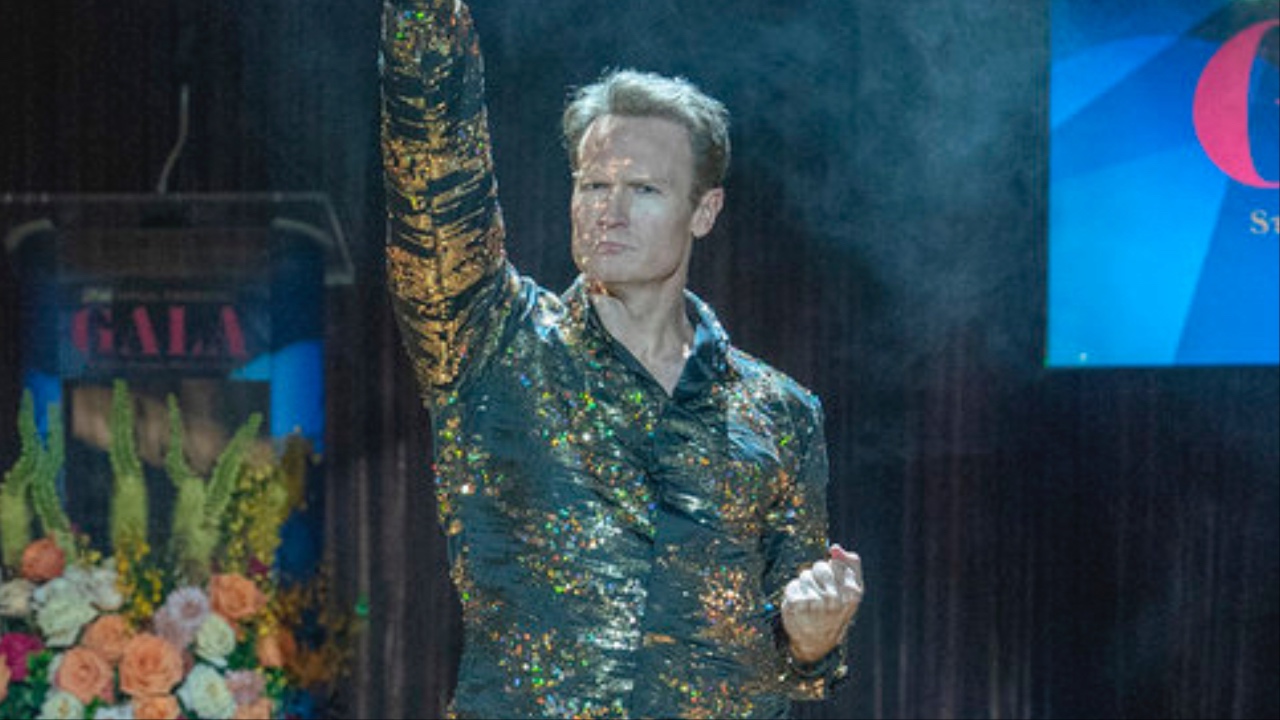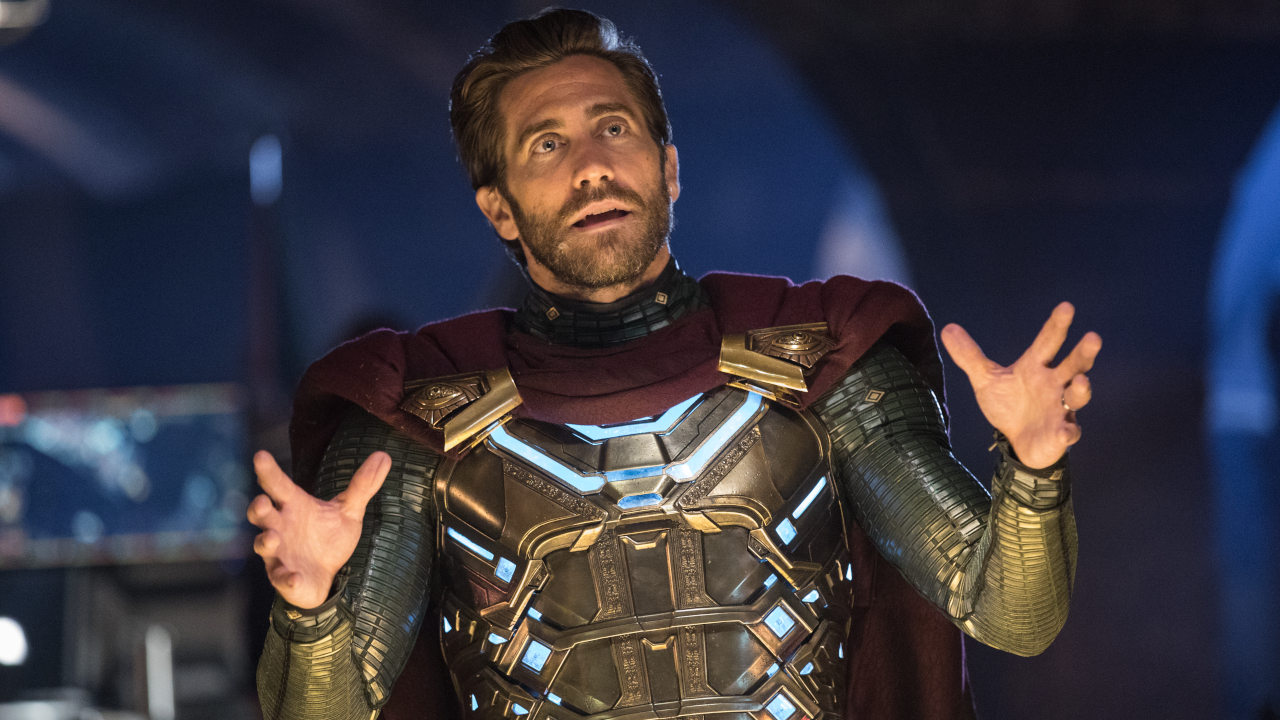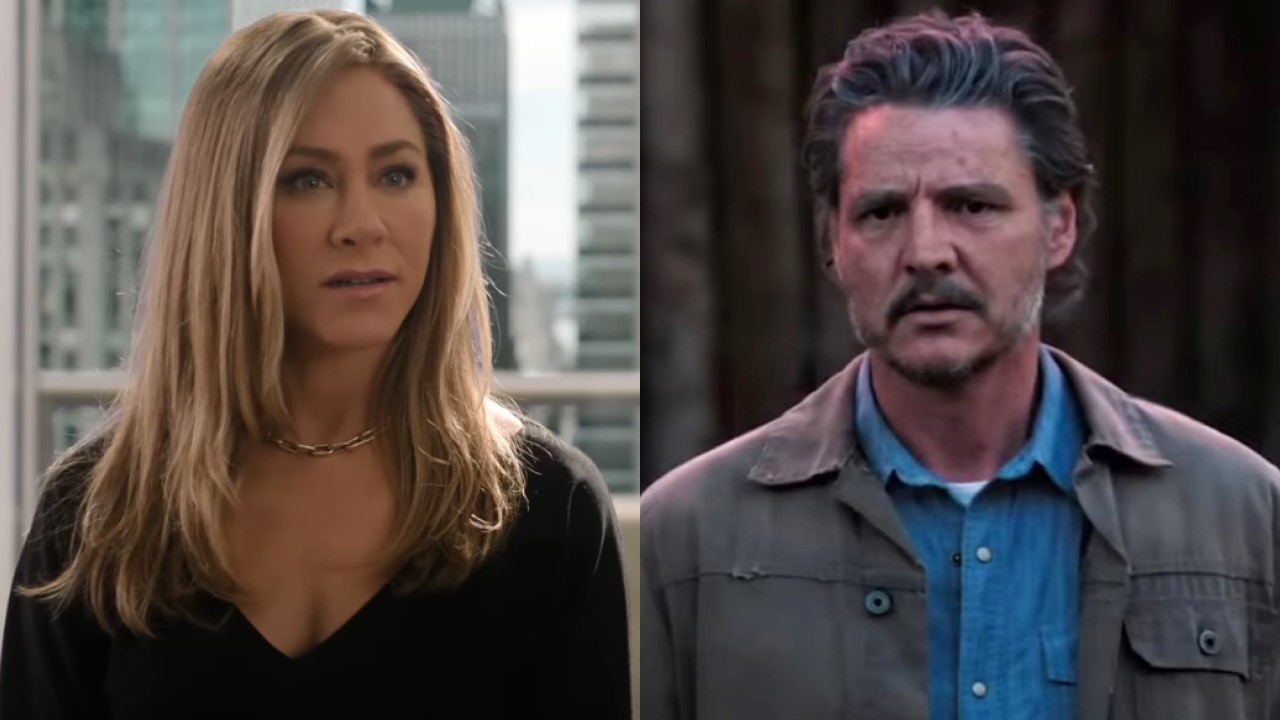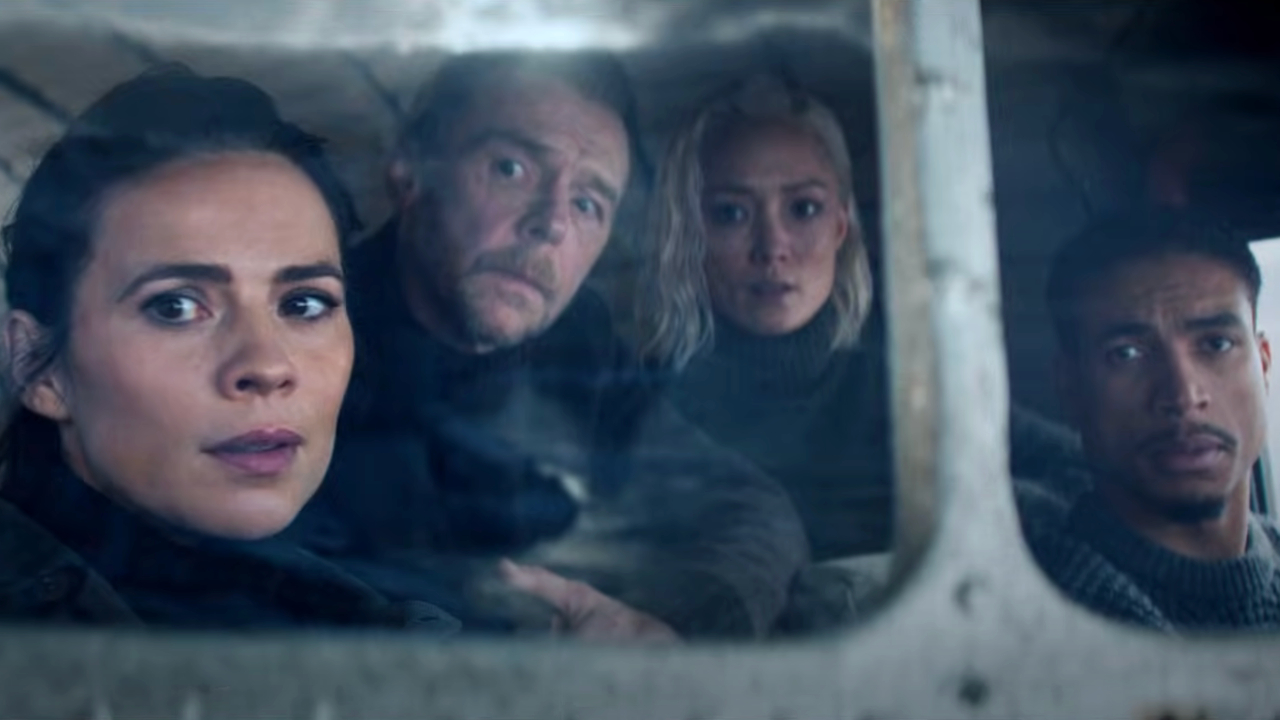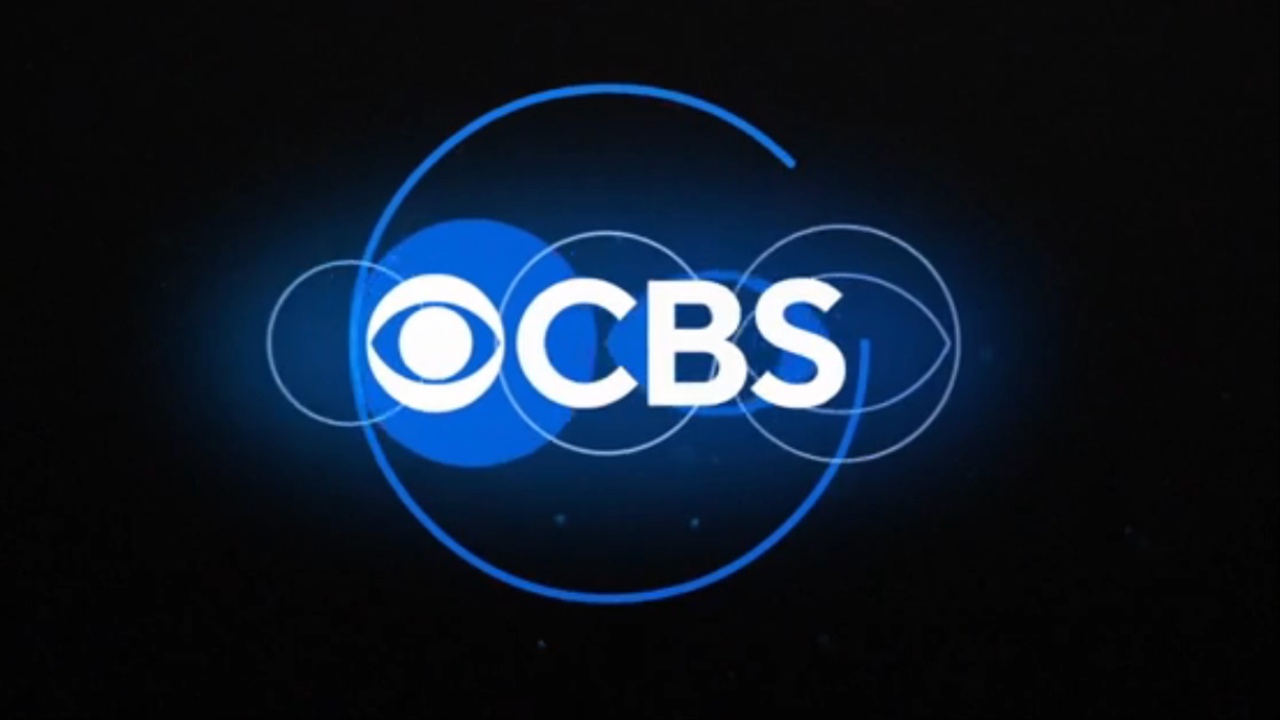John Williams Shot Down One Request While Filming Disney+’s Music By John Williams, But I Think His Reasoning Makes So Much Sense
This is very understandable.
Music by John Williams – a new title streaming this week – provides viewers with an intimate portrait of the prolific composer behind films like Jaws and Schindler’s List. Through his conversations with Williams, director Laurent Bouzereau sheds light on the conductor's personal life and his creative process as well. Bouzereau had many memorable moments working on the documentary, including one he revealed to CinemaBlend – which saw Williams shoot down a request. Yet the living legend’s rationale made so much sense.
I recently had the opportunity to speak with Mr. Bouzereau ahead of the release of his latest doc. During the interview, he regaled me with details on his film as well as fun anecdotes regarding his chats with its main subject. It was the latter that led the Five Came Back helmer to reveal that he asked the celebrated maestro to perform the original pieces of music he concocted for Close Encounters of the Third Kind. But, as Bouzereau explained to me, the now-92-year-old conductor declined for a very specific reason:
Well, I had wanted John to – I knew that he had, for Close Encounters of the Third Kind, created different versions of the five notes and, sometimes, there were more than five. And I had said to him, ‘ [It would] be great if you could play on the piano the different incarnation[s] of those notes.’ And he said, ‘No.’ Because it's so iconic that you are betraying something that is in everybody's mind. And he didn't want to suddenly have someone say, ‘Oh, that would have been better,’ or whatever, you know, what is in the movie, [is] what is in the movie. So I was kind of disappointed, but he said, ‘I'll get you something. You'll see.’
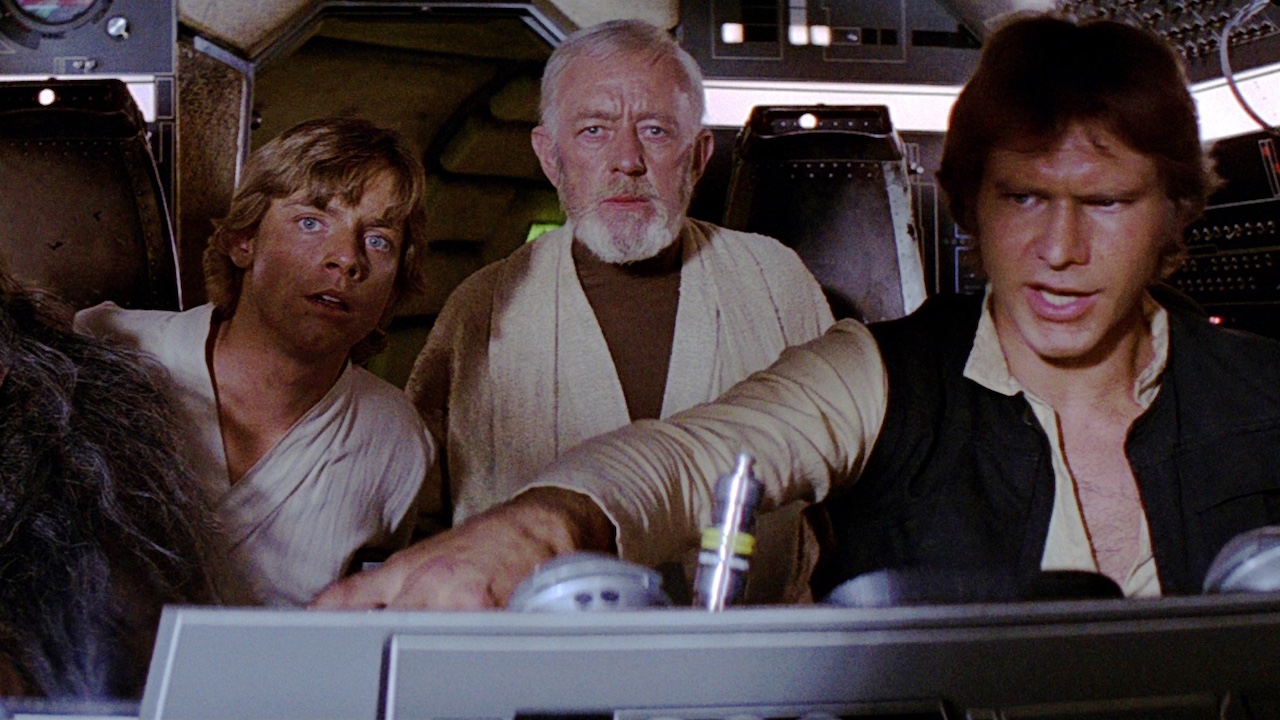
One of Steven Spielberg’s best movies, Close Encounters features excellent music, and it’s also marked by a now-legendary five-note motif. In the movie, those tones represent the way in which scientists communicate with a spaceship. The Faye director’s desire for John Williams to play the other versions of the notes is understandable. However, I understand Williams’ hesitance to taint what’s become such a beloved tune. He clearly doesn’t want to impact fans’ view of what was featured in the finished film, and that’s quite wise.
There may be some people who are disappointed that the five-time Oscar winner (who’s enhanced plenty of scenes with his scores) doesn’t perform those notes in the film. However, there’s a silver lining to all of this. As Laurent Bouzereau would explain to me later, the musician did end up delivering on his promise of sharing something else:
Suddenly, he launched into this absolutely amazing explanation of what the five notes mean, and that is a sentence, really, with a question mark at the end. And that, to me, was so incredible and so much better than the predictable thing that I was suggesting that I knew this was going to be in the film, and I knew that this was going to be significant. Somebody actually was at the screening at the AFI and was sitting behind a big composer who was there and, during that moment that composer turned to his wife [and] said, ‘This was amazing.’ Like, just that moment, you know?
John Williams does indeed give an incredible explanation for the notes and, unsurprisingly, it’s incredibly insightful. The same can be said for a lot of the thoughts shared in this production. In addition to displaying Williams’ wisdom, the 2024 movie release also emphasizes just how much he’s impacted so many other musicians. One such person, who’s featured in the doc, is Chris Martin. The Coldplay veteran has a particularly sweet moment in the film, and Laurent Bouzereau described how it came together:
Another moment that really meant a lot to me and spoke to John's timeless nature was when Daryl Frank, who was one of my producers, suggested that I interview Chris Martin of the band Coldplay, because he comes on to the stage with [the E.T. score]. And I brought my iPhone and I give it to him. I said, ‘Okay, react.’ And he's like, ‘What am I gonna say?’ I said, ‘I just want to see you react.’ And that was just so – you saw a man I never met before become a kid in front of me, and I think that moment of real emotion and real, you know, sincere evaluation of what music can do was priceless.
I find it nothing short of wonderful to see the not-quite-retired Mr. Williams receiving his flowers and having his life and career highlighted through a documentary such as this one. Of course, I also admire the fact that, during the process, he didn’t compromise his integrity as an artist – even if it meant having to deny a request from his director. That’s just another reason to respect one of the greatest artists to ever pick up a conductor’s baton.
Music by John Williams is now streamable with a Disney+ subscription. With that same membership, you can also check out Williams’ work in the Star Wars movies, Indiana Jones and the Dial of Destiny and more.
CINEMABLEND NEWSLETTER
Your Daily Blend of Entertainment News

Erik Swann is a Senior Content Producer at CinemaBlend. He began working with the publication in 2020 when he was hired as Weekend Editor. Today, he continues to write, edit and handle social media responsibilities over the weekend. On weekdays, he also writes TV and movie-related news and helps out with editing and social media as needed. He graduated from the University of Maryland, where he received a degree in Broadcast Journalism. After shifting into multi-platform journalism, he started working as a freelance writer and editor before joining CB. Covers superheroes, sci-fi, comedy, and almost anything else in film and TV. He eats more pizza than the Teenage Mutant Ninja Turtles.

